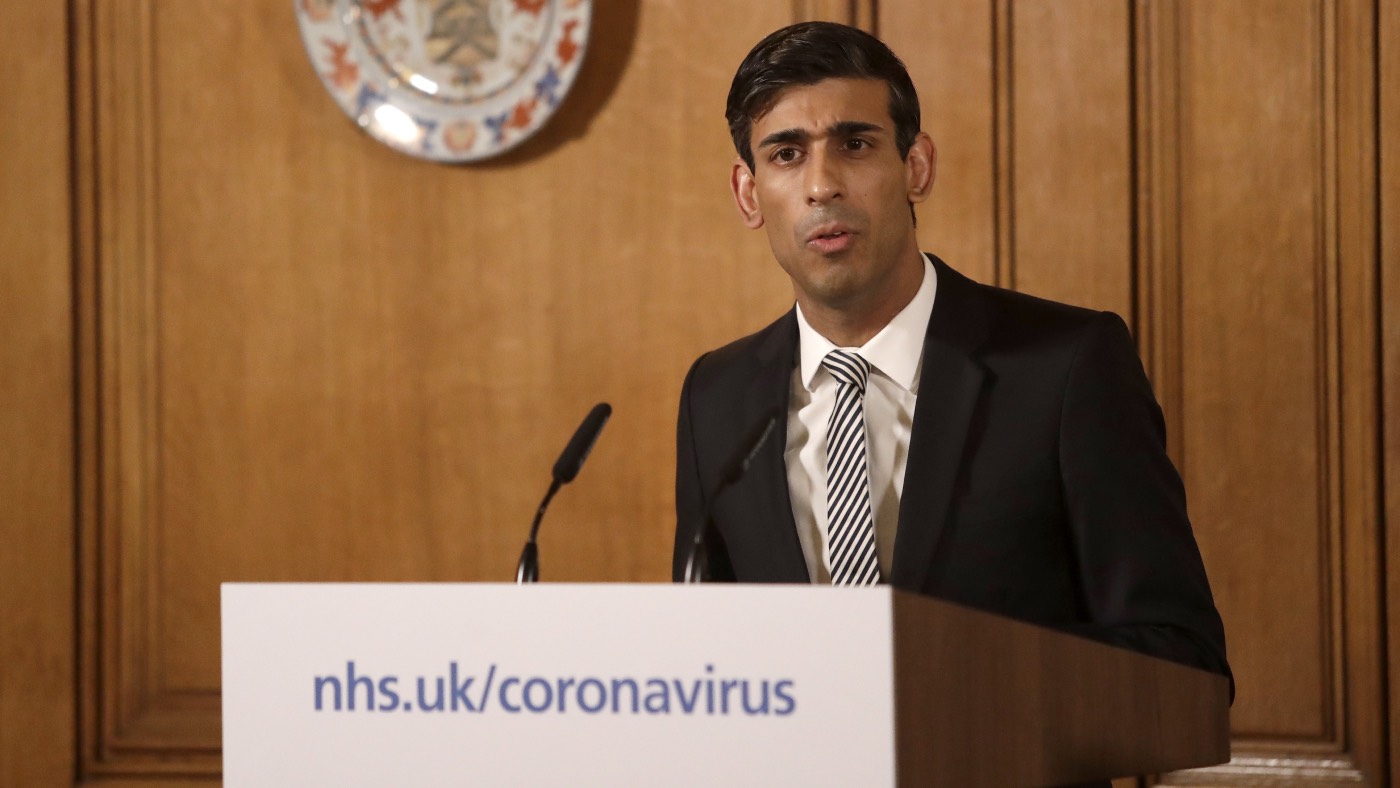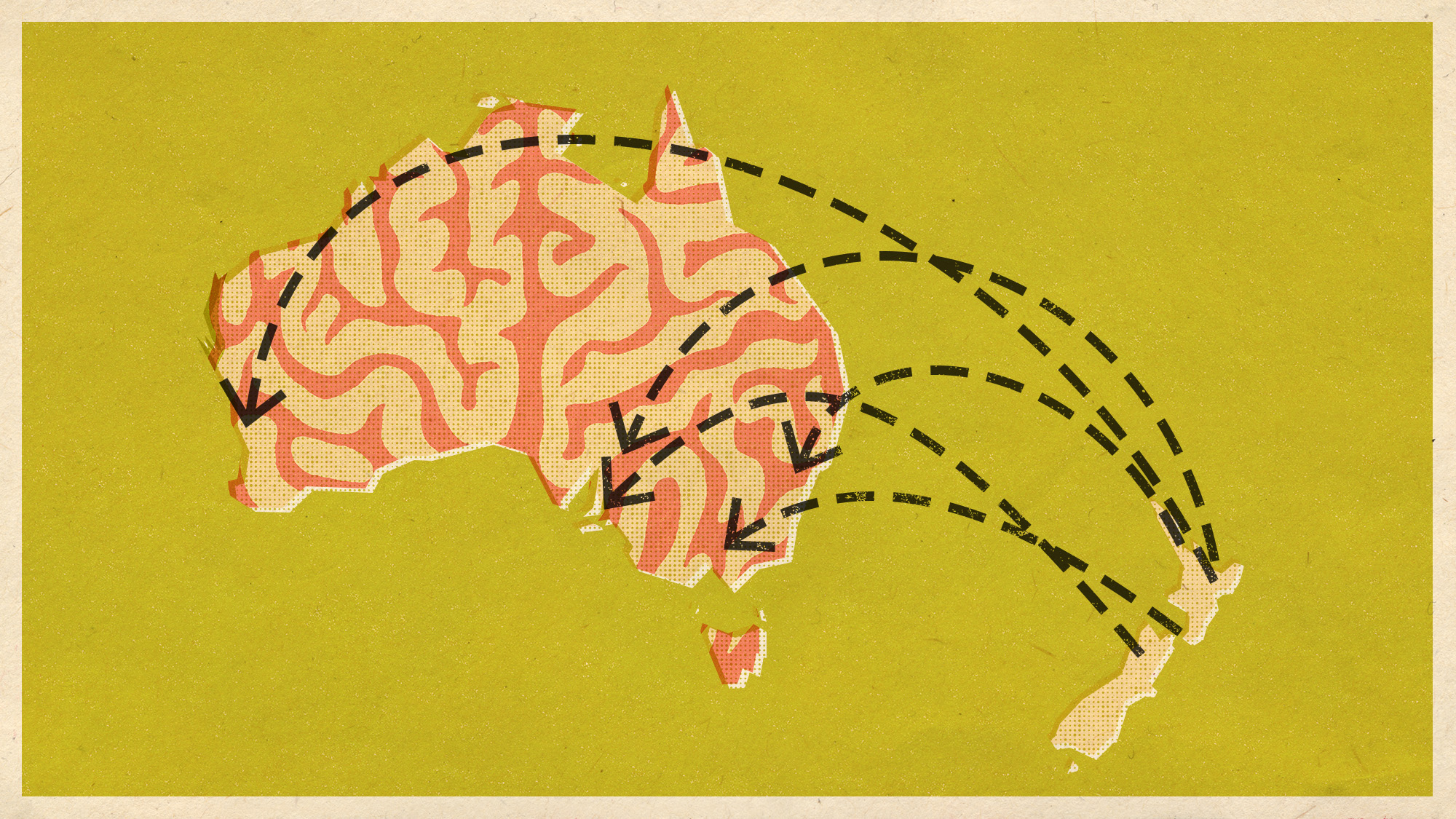FTSE 100 firms using furlough pay CEOs average of £3.6m
High Pay Centre data will increase pressure on ‘super-rich fat cats’ to dip into their pockets

A free daily email with the biggest news stories of the day – and the best features from TheWeek.com
You are now subscribed
Your newsletter sign-up was successful
Large FTSE 100 companies claiming millions of pounds of government support for furloughed workers paid their chief executives an average of £3.6m last year.
According to the High Pay Centre, the 18 companies who have so far publicly revealed that they will use the scheme have spent a combined £321m on pay for their chief executives over the last five years.
The thinktank’s analyst suggests that £42bn profits made in the last five years by the 18 companies could have covered the expected cost to the government of the scheme.
The Week
Escape your echo chamber. Get the facts behind the news, plus analysis from multiple perspectives.

Sign up for The Week's Free Newsletters
From our morning news briefing to a weekly Good News Newsletter, get the best of The Week delivered directly to your inbox.
From our morning news briefing to a weekly Good News Newsletter, get the best of The Week delivered directly to your inbox.
This Is Money says there are “mounting calls” for “super-rich fat cat executives” to “play a bigger part in shouldering the financial burden stemming from the crisis, which will end up hitting taxpayers hard in the pocket”.
The Guardian says that “blue-chip companies” that planned to use the scheme included Primark owner Associated British Foods, easyJet, and British Airways owner IAG, as well as retailers Next and JD Sports.
Luke Hildyard, the High Pay Centre’s director, said the coronavirus job retention scheme is a “vital progressive measure to protect people’s jobs and incomes at this critical time”, but added that “it’s important to understand that it is a subsidy for businesses, as well as for workers”.
He said: “The companies that are effectively taking public money to sustain themselves through the shutdown will be under particular pressure to achieve a fairer balance between rewards for executives, investors and their wider workforce in future. But hopefully the sense of solidarity forged in the crisis will raise ambitions for the social and environmental contribution of all businesses.”
A free daily email with the biggest news stories of the day – and the best features from TheWeek.com
Last month, chancellor Rishi Sunak unveiled an “unprecedented” £330bn loan scheme to support businesses, alongside a raft of “direct support” measures including tax cuts, millions in grants and three-month “mortgage holidays”.
Addressing the media, Sunak said the UK has “never in peacetime faced an emergency like this”, adding that he would abandon “orthodoxy” and “ideology” in response.
–––––––––––––––––––––––––––––––For a round-up of the most important stories from around the world - and a concise, refreshing and balanced takeon the week’s news agenda - try The Week magazine. Start your trial subscription today –––––––––––––––––––––––––––––––
-
 How the FCC’s ‘equal time’ rule works
How the FCC’s ‘equal time’ rule worksIn the Spotlight The law is at the heart of the Colbert-CBS conflict
-
 What is the endgame in the DHS shutdown?
What is the endgame in the DHS shutdown?Today’s Big Question Democrats want to rein in ICE’s immigration crackdown
-
 ‘Poor time management isn’t just an inconvenience’
‘Poor time management isn’t just an inconvenience’Instant Opinion Opinion, comment and editorials of the day
-
 What's Jeff Bezos' net worth?
What's Jeff Bezos' net worth?In Depth The Amazon tycoon and third richest person in the world made his fortune pioneering online retail
-
 Why are global stock markets plunging?
Why are global stock markets plunging?Today's Big Question Europe, Asia and Wall Street have all suffered big falls after US economy data spooked investors
-
 'Brain drain' fear as record numbers leave New Zealand
'Brain drain' fear as record numbers leave New ZealandUnder The Radar Neighbouring Australia is luring young workers with prospect of better jobs
-
 Ghost kitchens are pulling a disappearing act
Ghost kitchens are pulling a disappearing actunder the radar The delivery-only trend is failing to live up to the hype built up during the pandemic
-
 The birth of the weekend: how workers won two days off
The birth of the weekend: how workers won two days offThe Explainer Since the 1960s, there has been talk of a four-day-week, and post-pandemic work patterns have strengthened those calls
-
 Why household wealth took off during the pandemic
Why household wealth took off during the pandemicUnder The Radar The Covid-19 pandemic caused a lot of pain and hardship, but new research shows it also left most Americans wealthier
-
 Empty office buildings are blank slates to improve cities
Empty office buildings are blank slates to improve citiesSpeed Read The pandemic kept people home and now city buildings are vacant
-
 Inflation vs. deflation: which is worse for national economies?
Inflation vs. deflation: which is worse for national economies?Today's Big Question Lower prices may be good news for households but prolonged deflation is ‘terrible for the economy’